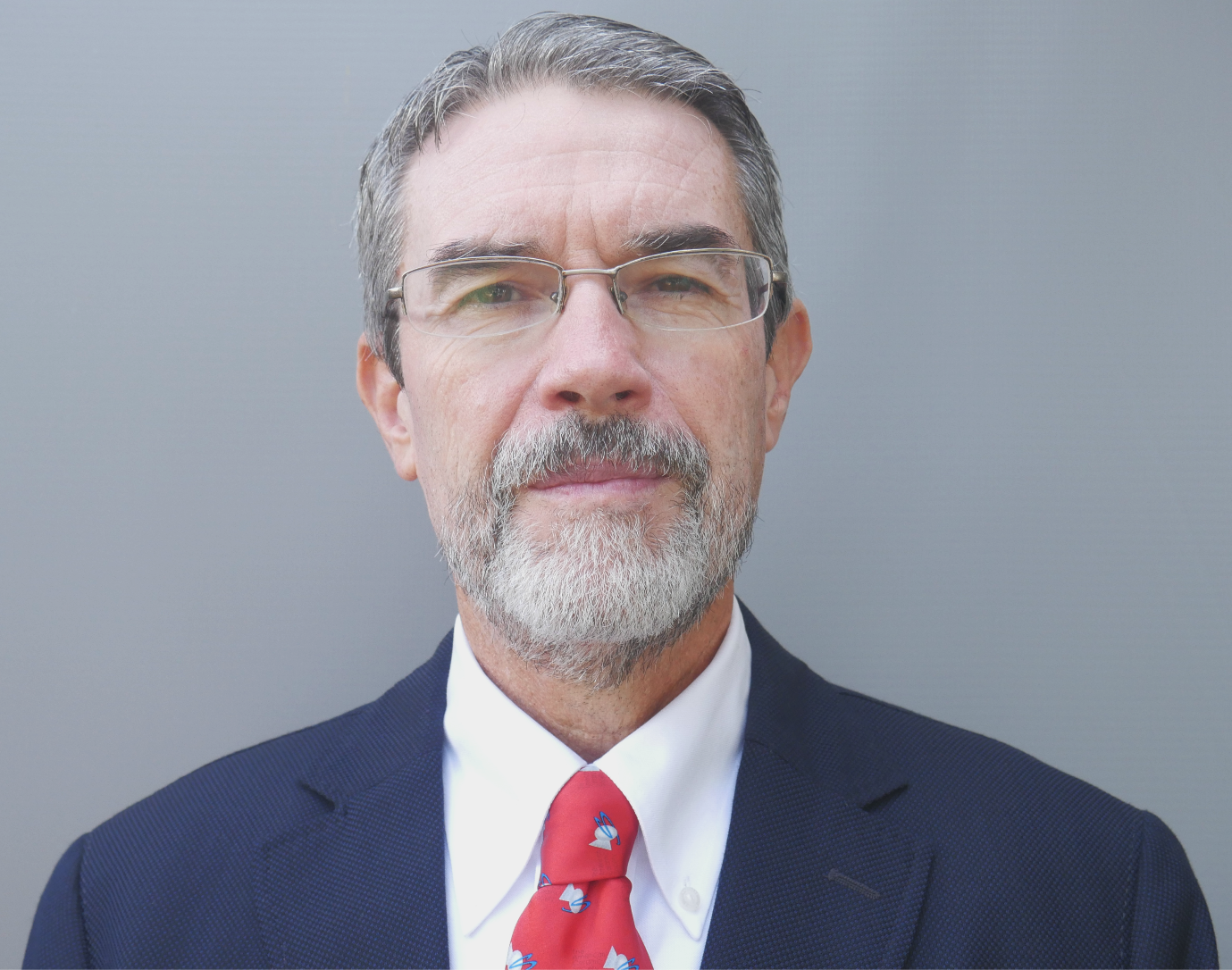
Nucleation, Growth and Crystallization in Glasses—Fundamentals and Applications
One Day Course: May 19 from 8:30 a.m. to 4:30 p.m.
Held in conjunction with the GOMD 2024 Annual Meeting
Instructor: Edgar Dutra Zanotto, Center for Research, Technology and Education in Vitreous Materials, Federal University of São Carlos, Brazil
Learn the theories of nucleation, growth, and overall crystallization
After completing the course and homework, participants will learn how to apply relevant theories to understand and avoid spontaneous devitrification and produce new stable glasses. Additionally, they will be able to start designing glass-ceramics with nano or microstructures.
Who Should Attend
This course is designed for those interested in an updated, high-level introduction to the intricate (dynamic and thermodynamic) processes that control crystal nucleation, growth, and overall crystallization of glasses. The course is aimed at industry professionals, post-graduates, and advanced undergraduate students. This knowledge is key to the design and production of novel glasses and the development of new or improved glass-ceramics. It is recommended that participants have a significant background in materials science or engineering, chemistry, or physics. Previous knowledge and experience in glass science would be beneficial.
Course Description
INTRODUCTION
- Definition of glass and glass-ceramics. Relevance of crystal nucleation, crystal growth and overall crystallization for the understanding of the vitreous state, as well as for glass and glass-ceramic technology.
FUNDAMENTALS
- Crystal nucleation in glass-forming liquids: phenomenology, experimental methods, homogeneous and heterogeneous nucleation, surface crystallization, non-steady state effects on nucleation, classical nucleation theory (CNT), experimental tests of CNT, temperature dependent surface energy, the courtyard effect, the effect of elastic stresses, maximum nucleation rates (Imax) versus glass transition temperature (Tg). Recent tests by MD simulations.
- Crystal growth in glass-forming liquids: growth models, experimental methods (OM, DSC, etc.), tests with several glasses, the breakdown of the Stokes-Einstein-Eyring equation.
- Overall Crystallization: JMAK (Johnson-Mehl-Avrami-Kolmogorov) – model, experimental methods, tests with some glasses, critical cooling rates for vitrification, glass-forming ability, the JeZCa parameter, which glass stability (against crystallization) is best?
APPLICATIONS
- Glass-ceramics history, definition, production strategies, markets, and several examples of traditional and modern applications. Development strategies and problems: temperature and microstructural gradients, crystallization triggered bubbles, poor stability, matching the properties of crystal phase(s) and residual glass.
Course Instructor

Edgar Dutra Zanotto is a senior professor of materials science and engineering at the Federal University of São Carlos (UFSCar) in Brazil. He is also the director of the Center for Research, Technology and Education in Vitreous Materials (CeRTEV). He is an editor of the Journal of Non-Crystalline Solids and a board member of nine other journals. Zanotto has chaired six of the most important glass congresses and delivered over 400 conference presentations, including approximately 150 invited and 40 plenary talks.
Zanotto’s research focuses on fundamental studies of the crystallization kinetics and properties of glasses and glass-ceramics. His work includes rigorous tests, improvement or development of nucleation and growth models for glasses, the effects of liquid phase separation on nucleation, surface crystallization kinetics, overall crystallization, glass stability, glass forming ability, correlations between glass structure and nucleation mechanism, sintering with simultaneous crystallization, diffusion processes controlling crystallization, relaxation, as well as mechanical, rheological, thermal and biochemical properties of glasses and glass-ceramics.
Zanotto’s team has partnered with and consulted for approximately 40 companies over the last four decades. He is also interested in developing glasses and glass-ceramics with improved or new functionalities using machine learning. Prof. Zanotto and his co-authors have published over 400 scientific articles, 30 book chapters, and 2 books, and filled approximately 30 patents on glass science and technology. For his accomplishments, Zanotto has received 59 science awards, including six prestigious glass research awards, and has been elected to five science academies.
Registration
Click below register online with credit card for the conference and/or the short course. Members will be asked to log in. Nonmembers will be prompted to create a New Visitor Registration.
If you require an invoice to facilitate payment by wire transfer, contact customer service at 1-614-890-4700 or customerservice@ceramics.org.
On or before April 19, 2024 After April 19, 2024
Registration
$550 $700
Registration with ACerS Member Discount $450 $600
Student $275 $375
If you have questions about registration, please contact Customer Service at 1-866-721-3322 (U.S. only) or 1-614-890-4700.
Cancellation Policy
ACerS reserves the right to cancel a course up to 4 weeks before the scheduled presentation date. Please contact ACerS customer service at 1-866-721-3322 (U.S. only) or 1-614-890-4700 to confirm that the course is happening before purchasing your airline tickets. ACerS is not responsible for the purchase of non-refundable airline tickets or the cancellation/change fees associated with canceling a flight.
